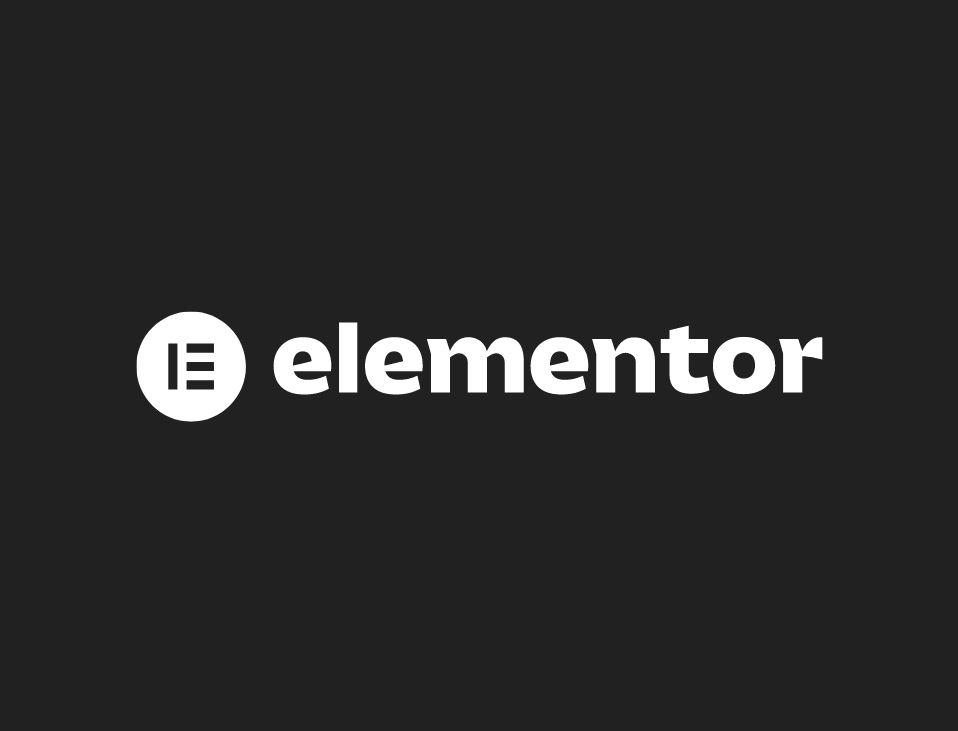Elementor, a leading website builder plugin for WordPress with over 5 million active installations, is undergoing significant changes to its Elementor Pro Essential subscription plan. The plan will still provide access to the Theme Builder, 50+ Pro widgets, basic marketing tools, and the Form widget, while shifting more advanced features to higher pricing tiers. These changes are set to be implemented on December 4, 2023, and will not impact existing subscribers or other subscription plans.
Elementor Senior Product Marketing Manager Gabriella Laster assured that existing Essential subscribers will retain all current features with no additional cost and will be able to renew their subscription upon expiration without losing any current features. However, certain new features released to the higher plans will not be available to existing Pro subscription holders. Lead developer Scott Kingsley Clark announced that Elementor Pro would remove certain functionalities like ACF/Pods integration, prompting him to replace the Elementor Pro integration for Pods with a more complete alternative solution.
The changes have sparked reactions from concerned Elementor customers who have expressed apprehension about accessing the features they paid for after the modifications. Conversely, the anti-Elementor crowd has used this opportunity to air their disapproval of the page builder. There is also a questioning attitude about the plugin’s viability in light of increasing block-driven editing capabilities in WordPress core.
WordPress co-founder and Automattic CEO Matt Mullenweg echoed this sentiment, positing that non-Gutenberg site builders like Elementor will need to raise their prices to maintain revenue in the face of higher churn and fewer new users, as opposed to Gutenberg-based ones.
Elementor’s reallocation of features across pricing tiers reflects the evolving dynamics in the page builder landscape and the escalating cost of supporting numerous third-party integrations in the entry-level plan. As core releases place a greater emphasis on block-based editing for both content and design, WordPress users and developers are reevaluating their reliance on page builders. This shift marks a fundamental change in how WordPress websites are built, while challenging page builders to balance innovation, user expectations, and business sustainability.
Read Full Article
